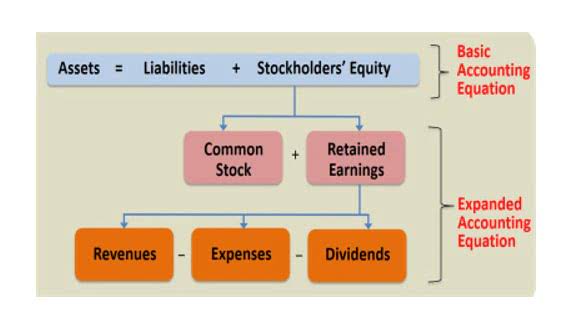
For a small business, it might make sense to keep an accountant on retainer or just bring them in strategically during the year. For example, some business owners only hire accountants to file their tax returns. This can cost between $300 and $1,500, depending on your business structure and level of complexity. Accountants are qualified to create financial statements for both employees and investors.

Financial Decision-Making

Further, it encompasses recording economic events that result in the transfer of money or money’s Accounting For Architects worth. Bookkeeping is all about identifying financial transactions and events and then keeping a record of these transactions. The person who performs bookkeeping ensures that documents are present to support all of these transactions.

Bookkeeping vs Accounting: What They Do & Key Differences
Typical bookkeeping tasks include recording transactions, maintaining journals, reconciling bank statements, processing payroll, and generating financial reports. Bookkeepers create essential financial what is the difference between bookkeeping and accounting? documents like balance sheets and income statements. Accurate financial records maintained by bookkeepers enable businesses to assess profitability, identify savings opportunities, and evaluate cash flow adequacy. Bookkeepers generate basic financial reports, including income statements, balance sheets, and cash flow statements.
- Collaboration between bookkeepers and accountants helps businesses comply with financial regulations and reduces the risk of penalties.
- A professional accountant must ace the CPA exam and meet specific education and experience requirements for certification and employment in a public accounting firm.
- For small businesses, these reports are vital, often serving as the primary financial insights that guide decision-making.
- Bookkeeping and accounting are both crucial for the financial health of a business, but they serve distinct purposes.
- Bookkeepers create essential financial documents like balance sheets and income statements.
- To accurately enter your firm’s debits and credits, you need to understand business accounting journals.
Nominal Accounts

While they oversee the work of bookkeepers and ensure accuracy, their primary focus is on interpreting, classifying, analyzing, and summarizing financial data. Accountants prepare financial statements, conduct audits, and offer reports that help future financial planning. Their duties also extend to tax preparation, financial forecasting, and advising management on financial decisions. They provide a higher level of financial oversight, offering insights that help guide strategic business decisions. The key differences in educational requirements highlight the varying levels of responsibility and complexity in bookkeeping and accounting. On the other hand, accounting involves interpreting and analyzing the recorded financial data to provide insights and prepare financial statements.
- Accountants use the data recorded by bookkeepers to produce financial statements, conduct financial forecasting, and provide insight into financial performance.
- Bookkeepers organize and maintain financial records, keeping them up-to-date to assist accountants during tax season.
- Both of these aspects of your business are crucial for financial management and decision-making.
- A bookkeeper must be able to shift focus easily and catch tiny, hidden mistakes in a budget or invoice.
- Bookkeepers provide insights into the day-to-day operational needs, while accountants contribute their expertise in selecting and utilizing technology solutions.
- The Certified Public Bookkeeper (CPB) license, offered by the National Association of Certified Public Bookkeepers (NACPB), presents a comprehensive standard for advanced bookkeeping knowledge.
- These reports offer critical insights used to shape business strategies and ensure compliance with regulations.
How to do a balance sheet
This knowledge allows them to adhere to the required accounting standards, accurately prepare financial statements, and ensure compliance with regulatory requirements. Small businesses often face challenges in conducting comprehensive financial planning and analysis. They may lack the tools and resources to perform in-depth financial retained earnings analysis, assess profitability, and make informed decisions about pricing, budgeting, and investment strategies.













